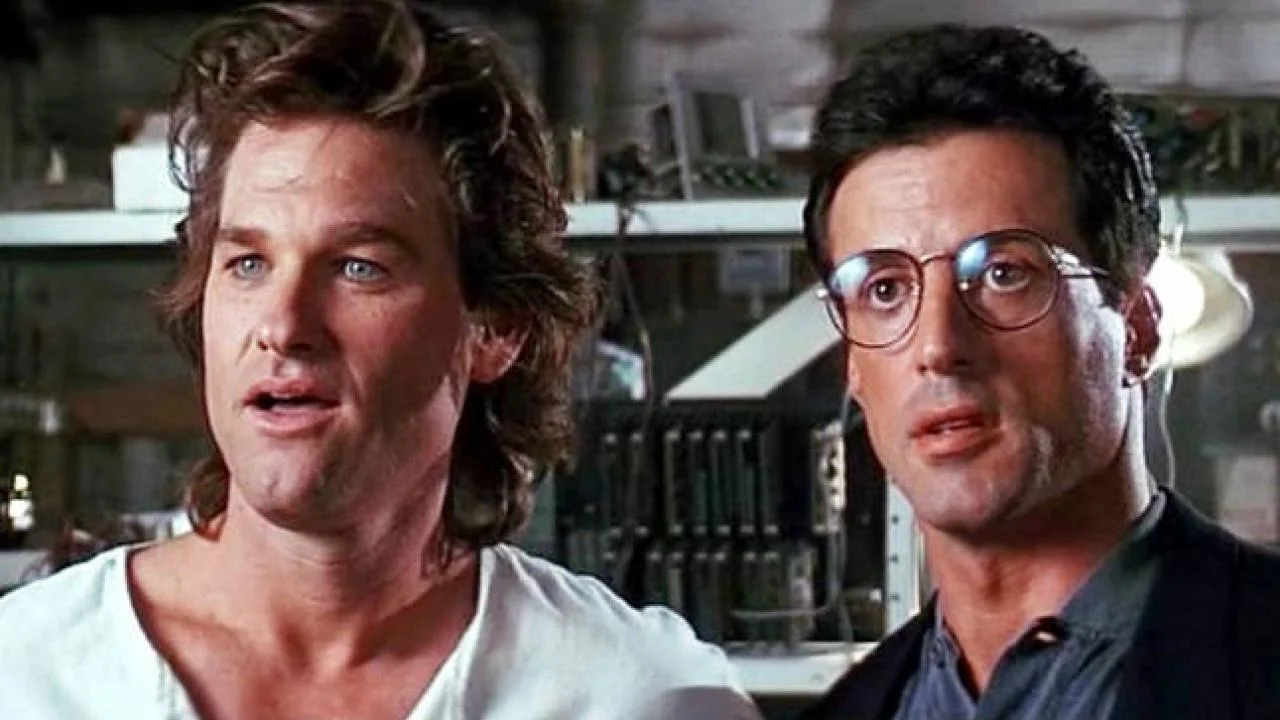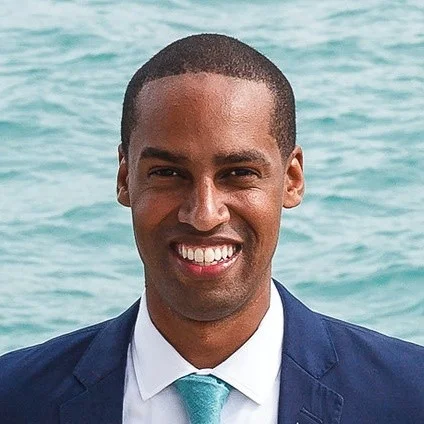Environmental Activism Needs “Good Cops” and “Bad Cops”
The ol’ good cop/bad cop shtick: One of the oldest techniques in the book and a cinematic trope that’s been used for decades. It has stuck around because it’s melodramatic and it kind of works. While this routine may be playing out right now in some sparsely decorated interrogation room or on a big screen near you, the more surprising arena in which this dynamic is taking place is in environmental activism.
In case you don’t know what I’m talking about here, the good cop/bad cop routine is when one interrogator adopts an aggressive, confrontational tone in contrast to a gentler colleague (on-screen examples include “Tango & Cash,” “The Other Guys” and “The Heat”). The aim is for the subject to empathize and engage with the “good cop.” Neither cop is necessarily bad, but both play a role designed to yield a specific outcome: information.
In environmental activism, the “bad cop” activists push boundaries by challenging society to think differently about energy, food, culture, economics, politics and sustainability. Their messages may include a dash of vitriol and a touch of hyperbole tactically designed to elicit strong emotional responses while elevating issues into the public consciousness. This tried-and-true method forces one to, at least momentarily, question the status quo.
“The sooner corporations embrace bad cops and good cops, the faster they’ll be able to unearth viable solutions that work for stakeholders and improve their brand. ”
Greenpeace’s brand of global activism falls into bad-cop territory. Its audacity and fervor is reminiscent of Riggs from “Lethal Weapon” 1 and 2 (before he got soft in 3 and 4). Greenpeace’s historically theatrical behavior has caused it to come under fire at times, and it has even refused to cooperate, just as a bad cop might hand over his or her badge to a captain rather than follow the boss’s directives.
Bad cop campaigners represent the upper limit of a bargaining position. While some corporations will meet the demands of the bad cops for the convenience of a quick resolution, most will bargain and try to find somewhere in the middle for a sensible compromise. Good cops come in at this point — after bad cops have elevated the issue — to work with corporations and find that compromise.
The Dynamic in Action
Some have argued that bad-cop environmental activism should be a thing of the past. Such aggressive tactics, they say, impede the solutions we need and should therefore be traded in for the more subtle and cooperative methods shown by the good-cop environmentalists. But, in practice both are actually necessary and often work in tandem. Let me start with a personal example as to why.
“Environmental activism shouldn’t be an either/or proposition. While bad cops can disagree with good cops, both roles are critical.”
As a child I only wore Starter jackets because 1) they were mad fly and 2) Nike was under attack for using child labor. Bad cop activists such as Global Exchange and Campaign for Labor Rights came in and “roughed up” Nike, while the good cops like the then newly established Fair Labor Association came in to keep an eye on operations, ultimately helping to improve transparency in Nike’s supply chain. Since then, Nike has recast its image and is now the most valuable apparel brand in the world and a sustainability leader.
This dynamic is also to thank for eliminating shark fin soup from thousands of menus worldwide. A gelatinous broth featuring a flavorless dorsal fin may sound like delightful fare, but the process of shark finning is cartoonishly inhumane. Starting a few years ago groups like Stop Shark Finning and WildAid bad-copped Hilton Hotels for serving shark fin soup by gathering petitions and recruiting celebrities to speak out against the practice of shark finning. After a critical mass of negative attention from non-governmental organizations (and an especially disgusted Yao Ming), Hilton banned the soup, and worked in tandem with good cops WWF and Marine Stewardship Council to raise awareness about seafood sustainability. This has led others in the industry to proactively ban the soup.
Room at the Table
Let me emphasize here that the “bad” in bad cop does not suggest that the actions of activists are necessarily detrimental. I cannot overemphasize the importance of bad-cop campaigners in shedding light on important environmental and social issues. Regardless of whether corporations agree with their perspective (and they mostly don’t), bad cops ultimately drive businesses to consider the triple bottom line and be more efficient, transparent and sustainable.
And all of this is ultimately good for corporations, because while increased attention to sustainability is certainly good for the environment, it is also good for the bottom line. The sooner corporations embrace bad cops and good cops, the faster they’ll be able to unearth viable solutions that work for stakeholders and improve their brand.
Environmental activism shouldn’t be an either/or proposition. While bad cops can disagree with good cops, both roles are critical. Without the bad cops there often wouldn’t be an impetus for corporations to engage in the first place, and without the good cops — who often use an approach considered more palatable by corporations — there wouldn’t be the opportunity to meet halfway. Each side has a vital role to play, and the ecosystem ultimately fails without balance. In other words, there needs to be room at the table for both the good cops and the bad cops.
This article was originally published in Ensia.
Future 500 is a non-profit consultancy that builds trust between companies, advocates, investors, and philanthropists to advance business as a force for good. Based in San Francisco, we specialize in stakeholder engagement, sustainability strategy, and responsible communication. From stakeholder mapping to materiality assessments, partnership development to activist engagement, target setting to CSR reporting strategy, we empower our partners with the skills and relationships needed to systemically tackle today's most pressing environmental, social, and governance (ESG) challenges.
Want to learn more? Reach out any time.
Marvin Smith is a former Future 500 team member. He currently works for the Sustainability Accounting Standards Board (SASB). Connect with him on LinkedIn.
More from our blog:













